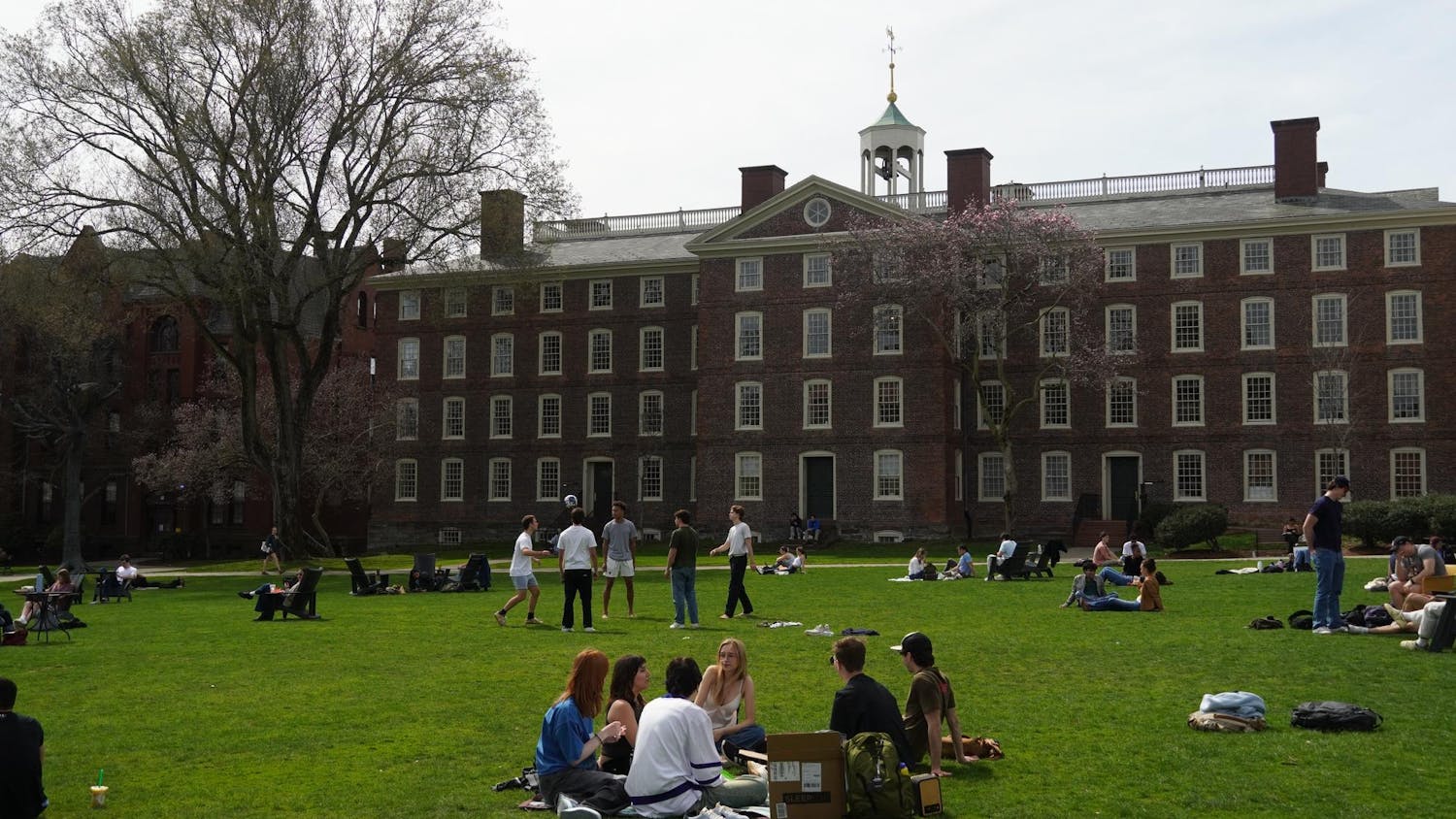Correction appended.
Months after the Corporation approved a reduced budget for the fiscal year that began July 1, the University is now looking to cut another $30 million from next year's budget, administrators said.
Of the cuts sought, about $15 to 20 million would be realized through organizational changes, Provost David Kertzer '69 P'95 P'98 and Executive Vice President for Finance and Administration Beppie Huidekoper said in interviews.
For fiscal year 2011, which begins a year from now, the University estimates it will save about $7 million from revisions to planned capital projects and an additional $5 to 10 million through policy changes. The Organizational Review Committee, which comprises 10 administrators, three faculty members and two students, will be responsible for finding an extra $15 to 20 million in savings.
"What I perceive is that the University is trying to reorganize internally, which is a different strategy than simply cutting the budget," ORC member Jason Zysk MA'07 GS wrote in an e-mail.
Kertzer said the revisions will still allow for an increase in the budget over the next several years, though not as much as anticipated. The education and general budget, which consists of the entire budget except for that of the Division of Biology and Medicine, will increase from $550 million in 2010 to $600 million in 2014. But that figure represents a reduction from a previously anticipated budget, which had the budget reaching $690 million by 2014.
In a June 29 memo to the Brown community, Kertzer and Huidekoper cautioned that the University has lost more than 25 percent of its endowment in the past 12 months, and that "full recovery from that loss will take several years."
Huidekoper said the review committee is attempting to make the budget-trimming process as transparent as possible, with various subcommittees explaining potential cuts to relevant groups before finalizing proposals.
"We'll talk to the committees that are on campus that are responsible for looking at those areas and make sure that they have input on it," she said. "It's a process that people will think is fair and open in a very difficult time."
"It's going to be a very busy fall," Kertzer said.
Huidekoper said the ORC is waiting until the fall to do most of its work and will be updating students and parents throughout the process. "We don't want the community to get the sense that we're making decisions without the people here to get involved," she said.
ORC member Sarah Rutherford '12 said she is intent on making students aware of ways to get involved in the process and to "see the bigger picture" by inviting student feedback during the semester.
Huidekoper said it was unclear whether this process will have to occur again in future years because of the difficulty of predicting the economic climate or the number of faculty vacancies for the next several years. But "if the endowment doesn't start rebounding or some other things don't happen," future reductions can be expected, she said.
The University saved about $9 million on this year's budget by instituting a faculty salary freeze, but the University "can't keep doing that forever," Kertzer said. It has not yet been determined how long the freeze will remain in effect, he said.
Professor of Physics Robert Pelcovits, another member of the ORC, said he understands the need for the freeze as long as it is comparable to what is happening at peer institutions. "Mostly you have to worry about what's going on elsewhere," he said, adding he thinks that the freeze might last another year.
The "academic functioning" of the University remains the top priority for the group, Pelcovits said. He added he anticipates that the organizational budget reduction will have few noticeable effects in classrooms or labs.
"Things are different, but we can be flexible and live with it," he said. "It's not like we're going to be less productive."
The Division of Biology and Medicine, which is less dependent on the endowment and more dependent on grants than the rest of the University, will need to reduce its projected budget for 2014 by $10 million, Kertzer said. But unlike the general budget, the division will not need to find organizational savings to meet its 2011 target — a freedom largely made possible by the decision to scrap plans to build a new medical education building and opt for a renovation project instead.
CORRECTION: The University's education and general budget will increase from $550 million in the fiscal year 2010 to $600 million in fiscal year 2014. Due to an editing error, an earier version of this article, which appeared in print on July 20, 2009, reported that the $600 million was for 2011.




